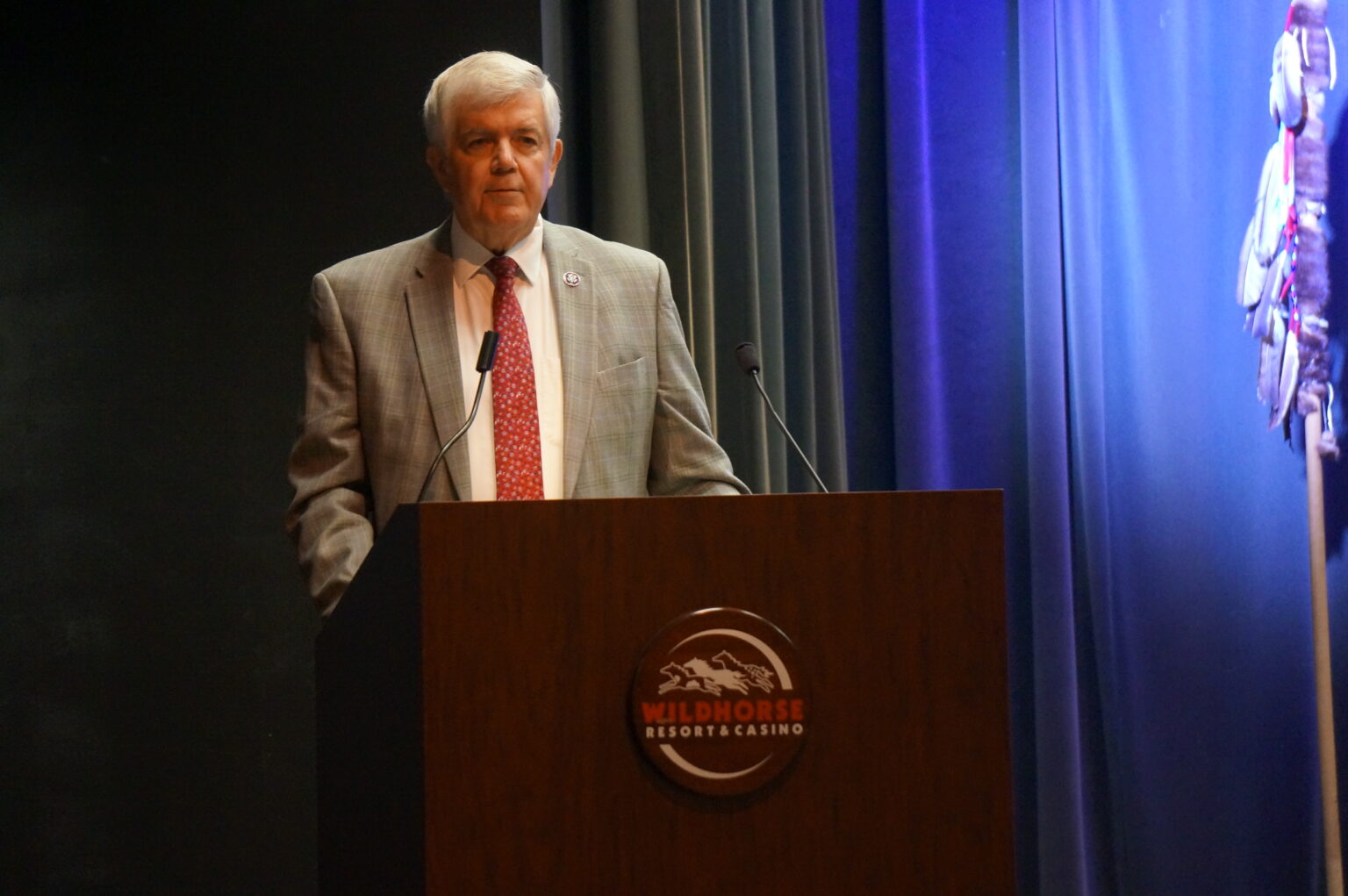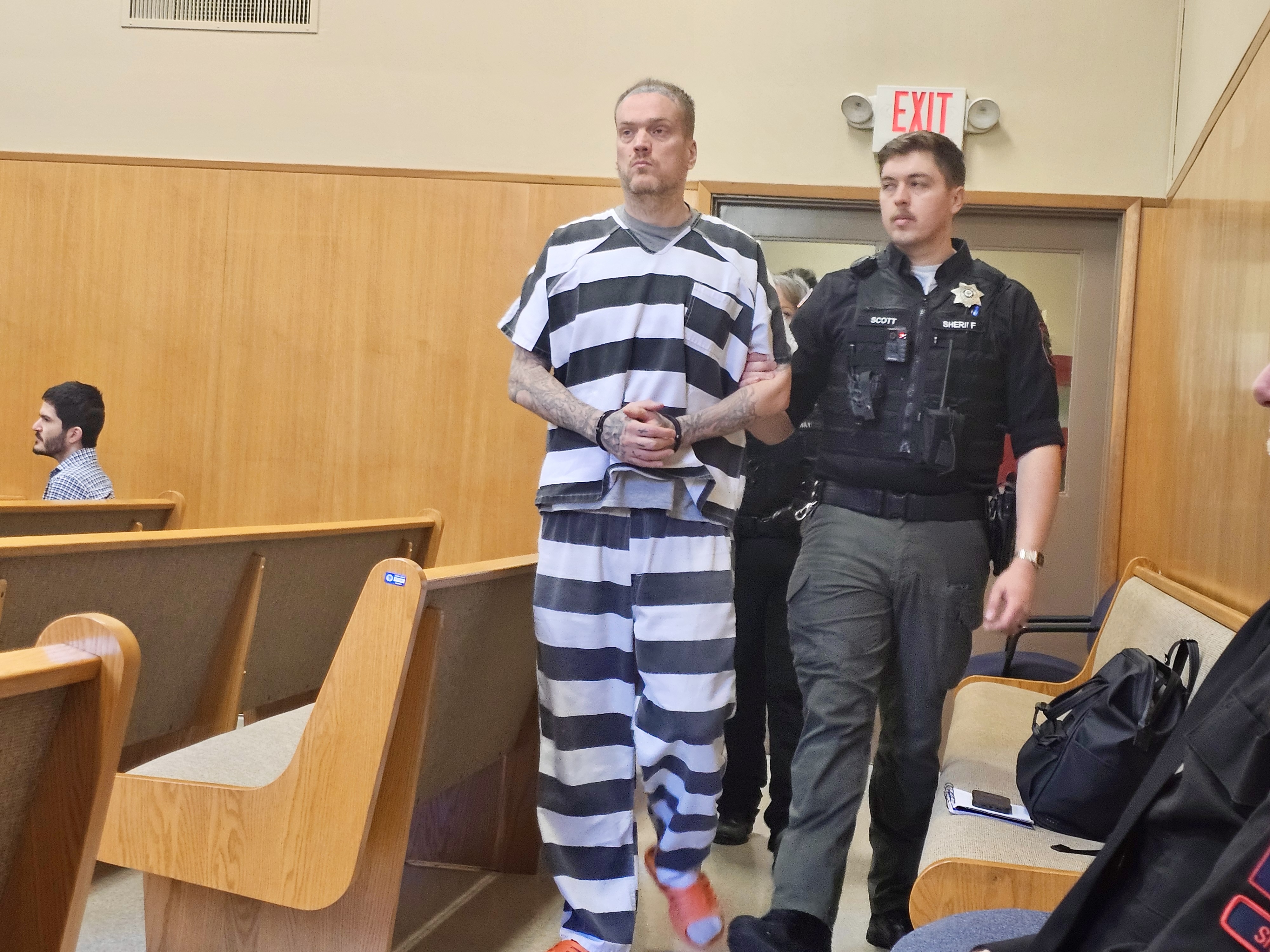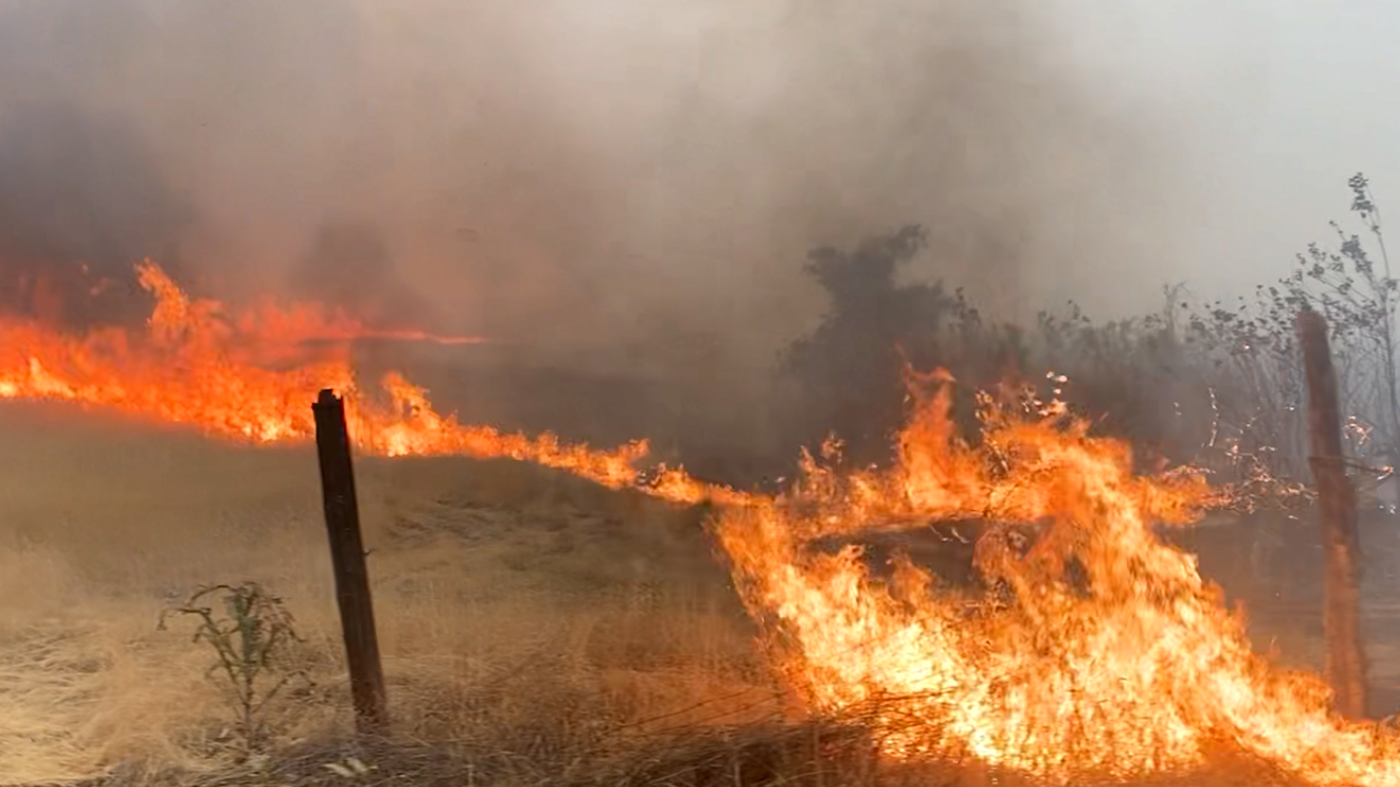End of life doulas help ease the transition
Published 6:30 am Saturday, April 22, 2023

- Erin Collins, left shares a laugh with Shirley Johnson, 88 during a visit in Bend. Collins, a former hospice nurse, is a doula who helps people with their end-of-life planning.
BEND — At 88, Shirley Johnson knows that most of her life is over, and she’s fine with that.
Trending
But she knows this, too: When her time comes, she will be prepared.
Her obituary is written. Her financial records are in order. Her funeral is planned.
It’s all laid out in a notebook that was put together with the help of Johnson’s doula, an end-of-life coach trained to work alongside her medical team, and who also provides emotional and physical support through the dying process.
Trending
“It’s a peace of mind book,” said Johnson, who moved to Bend six years ago to be closer to her daughter. “Everything is in there that you can think of to prepare.
“It’s very helpful. All of a sudden I can take a deep breath. There’s nothing left unanswered.”
Doulas are a relatively new trend in end-of-life care and recently have been recognized as a way to fill the gap between medical care and the family support to encourage discussion of death and dying. Typically, doulas are associated with someone helping with the birth process.
Johnson’s doula was trained through the Peaceful Presence Project, a nonprofit based in Bend and co-founded by Erin Collins, a former hospice nurse. Birth doulas working with Oregon Health Plan members must be certified by the Oregon Health Department, but like end of life doulas, are not required to be certified, said Amy Bacher, Oregon Health Authority communications officer.
“The role of the doula is to provide help before there’s a crisis and to be that support and continuity as people become older or sicker,” said Collins, who founded the program with Elizabeth Johnson and Kari Sims Anthon. “They’re there to provide support as people navigate the journey.”
Oregon does monitor certification practices and will investigate complaints, Bacher said.
Nonprofit helps plan end-of-life care for region’s homeless population
Johnson’s doula is 61-year-old Mary Elizabeth Reiss. For years, Reiss had been the unofficial doula to her family and friends. But just as she was moving to Bend from Indianapolis, she learned of the Peaceful Presence Project and registered for training. Doula classes range from $500 to $699. Collins said the curriculum includes end of life planning, and how to facilitate that kind of discussion.
“The key is working through whatever the client needs at that moment,” Collins said. “The doulas meet each client with their own unique needs. It’s not about being an expert, but about being a steady presence to a person. Bringing calm in the uncertainty for people.”
Reiss is paid on a sliding scale to go to Johnson’s home twice a week for a couple hours a day to help Johnson prepare for the end of her life. Get her financial affairs in order. Pick up a prescription at the pharmacy. Go to the grocery store for a few items.
“When my doula’s here, we toss around a lot of ideas and we laugh a lot,” said Johnson, who is living in an assisted living facility with her husband Chuck, 90. “She’s just a bright spot in my life. She’s like my best friend.”
It was just a few years ago that Johnson began to feel the weight of her age. Her mother lived until age 98, so she believed she had more years ahead of her. In her 70s, life was still full and rewarding. She tutored, traveled and woke up every morning ready to go, Johnson said.
But somewhere in her mid-80s, aches and pains began to become stronger.
“I’ve always been a healthy person, the one who gets up and does things,” said Johnson. “It’s hard to deal with not being the healthy one now.”
There’s no specific diagnosis of a health problem for Johnson just yet. It’s just age, said Reiss. But she sees a change in Johnson when they talk about preparing for death.
“We have a lot of educating to do,” Reiss said. “This is a new concept. I’ve worked in hospice and with end of life care and there’s a gap between older people who want to live independently and don’t qualify for hospice. Doulas fill this gap. We support the person and the family giving everyone peace of mind and educate them.”
The work of a doula is often in tandem with palliative care, said Dr. Jenny Blechman, a palliative care physician at Partners in Care in Central Oregon. In fact, the hospice center shares several patients with the Peaceful Presence Project, Blechman said. Normally, patients see their doctors only about 5% of the time and the rest is spent navigating end of life decisions on their own, she said.
“A doula can help elaborate on the time between visits with the doctor and spend time with them in their home,” Blechman said. “We spend time with them focusing on symptoms and how to help them with medical decision making.
“It helps our work.”
The experience is unique to every person, Blechman said.
For the Johnson family, the continuity of care from the doula is comforting, said Amy Doherty, Johnson’s daughter. With people living longer, it’s important to talk about the process because it provides comfort to those staring down the path of old age, Doherty said.
“My parents are doing great,” said Doherty. “But with aging, it’s not simple. I can’t imagine doing this without the support of the project and the doula. We don’t have a playbook for the end of life. The doula has become a companion.
“I don’t know how to navigate this stage of life with my parents. But the doula is there for my parents in a deeper way. “









